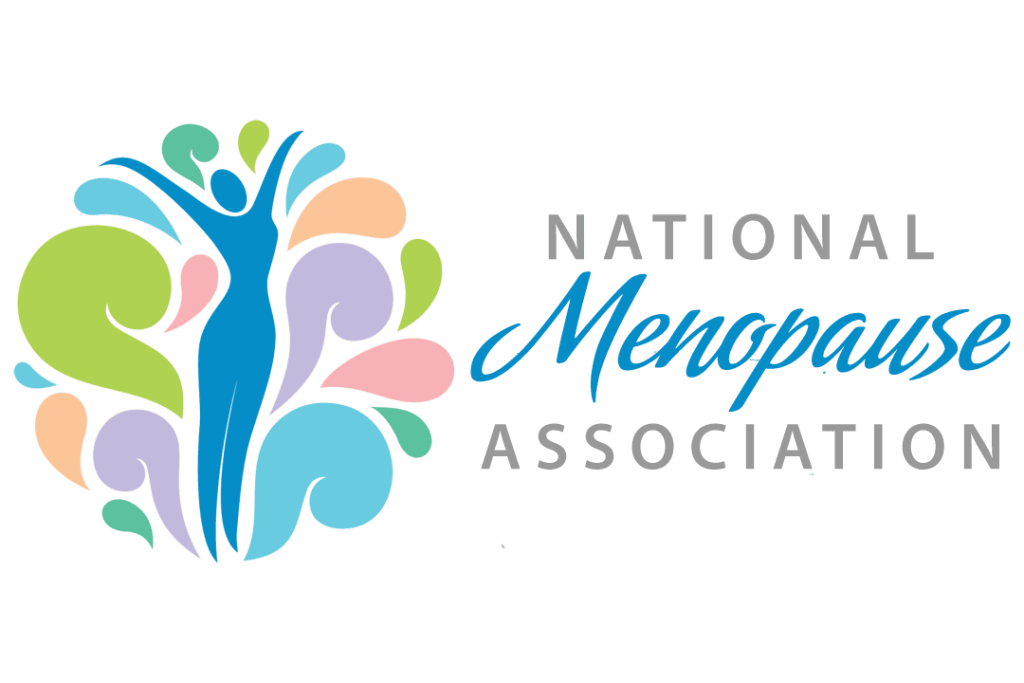Menopause happens to every lady from age 60 and above, it can come earlier though due to some factors; it is a natural biological process that signals the end of menstrual cycle in women. It diagnosed and confirmed after you a lady has gone 12 months without menstruating. It comes with discomforting signs and symptoms like insomnia, reduced or no sexual urge, hot flashes, fatigue, irregular periods, dryness of the vagina, night sweats, chills, mood swings, slowed metabolism, weight gained, smaller breast, dry skin, thinning hair.
In this article, we will be looking at foods and natural things that can help a woman manage the symptoms of menopause at home.
- Load up on vitamins: Vitamin B will help women going through menopause to deal with the stress accompanying it. Vitamin E will help deal with the hot flashes that occur. The flavonoids present in vitamin C helps in reducing the frequencies of hot flashes.
- Phytoestrogen: These are plant based estrogen that can mimic the effects of the natural estrogen that your body produces. Their effects are controversial; take it if prescribed by a doctor. There are good natural sources of this hormone and they include soy foods, celery, flaxseeds, kidney beans, chickpeas, lentils and chicory.
- Quit smoking: Or avoid tobacco smoke as this will increase the occurrence of hot flashes.
- Flaxseeds: The active compound lignins in flaxseeds help in modulating hormones. You can add it generously to your meals and taking the herbal teas once a day will also help.
- Omega-3 fatty acids: This helps in promoting smooth skin, protects the heart, fights and prevents inflammation; best sources are fishes, flaxseeds, nuts and seeds. It also helps the body in producing hormones, prevents preeclampsia, depression, cancer, heart complications and other menopause symptoms and complications.
- Ginseng: This powerful Chinese herb can help with symptoms of depression, fatigue, stress, anxiety and slow the process of aging.
- Soy: Soy foods have isoflavones that aids in balancing hormone levels and can help form estrogen. Eat lots of natural soy foods.
- Probiotic: These healthy bacteria improve production and regulation of hormones like leptin, ghrelin and insulin. They boosts immunity and improve brain functioning. Best sources are yogurt, cultured veggies and fermented foods.
- Organic fruits and vegetables: Eating lots of organic fruits and vegetables can help women manage their appetite, the phytosterols contained in them will balance hormones and the anti-oxidants will slow aging and fight oxidation by free radicals. Cruciferous vegetables like kale, broccoli and cabbage will help specifically in balancing estrogen levels; they are also high in vitamin K, C, fibers and electrolytes which are very important for healthy functioning of the heart and normal blood pressure. High fiber foods help the cardiovascular and digestive system and helps one in maintaining a healthy weight. Some studies also found that high fiber diet can help with estrogen production.
- Water: Taking eight glasses of water a day will help you reduce bloating and replace water lost during hot flashes;
- Avoid: Processes foods, fried foods, sugars, carbonated drinks, conventional meat, refined oils and alcohol.
- Reduce stress: Reducing or avoiding stress will help with emotional problems and other symptoms of menopause. Acupuncture, meditating, relaxing, sleeping, spend time with nature, mild exercises, aromatherapy can help one relieve stress. Get 7-9 hours of sleep every night to help you recover from stress. Deep breathing will also help.
This article is intended for your general knowledge only, Learn More.
This content was originally published here.







